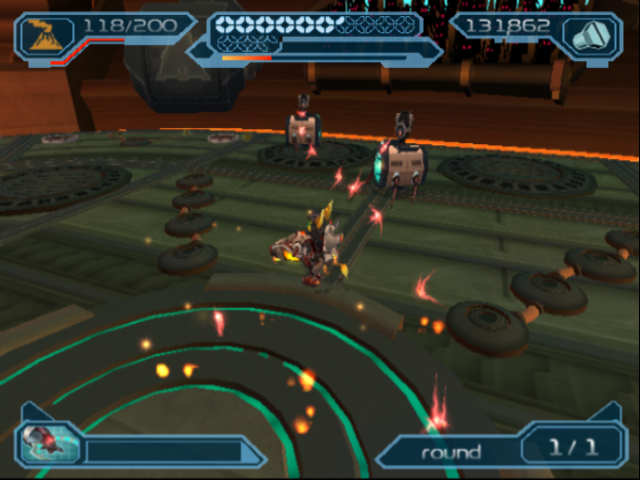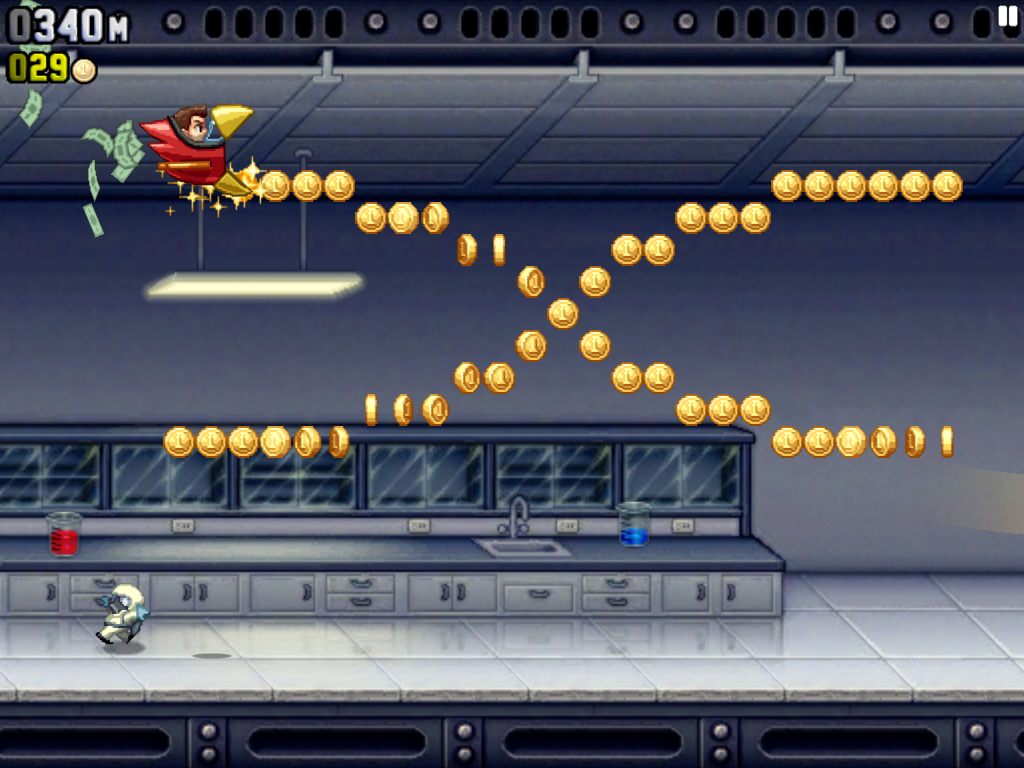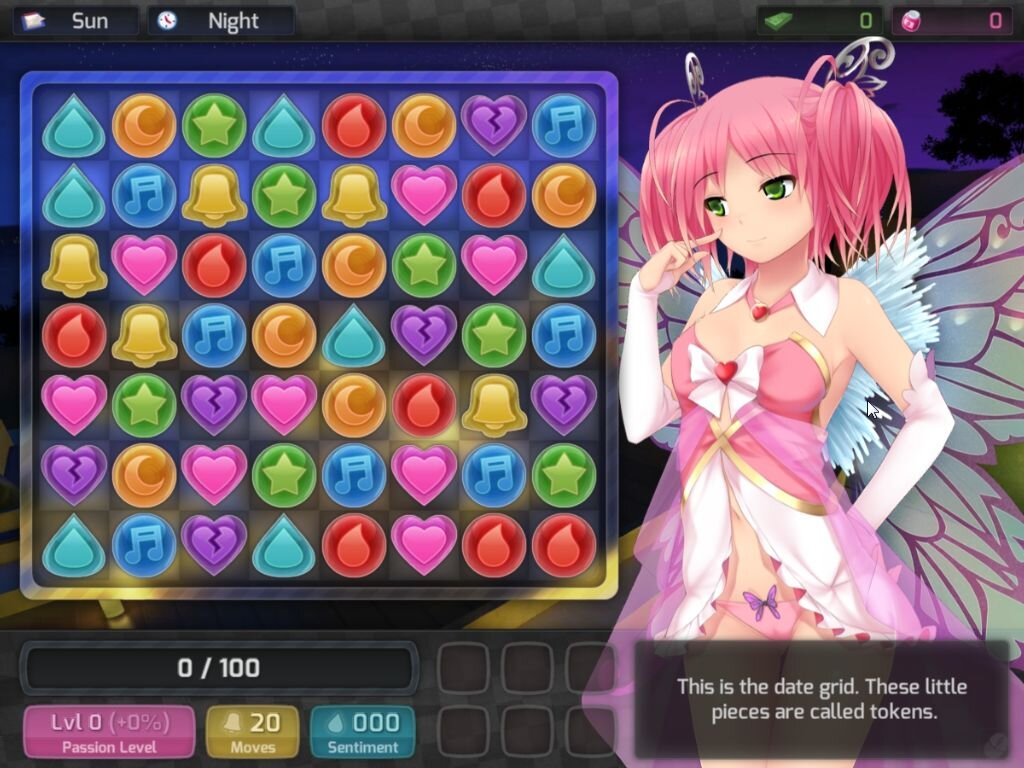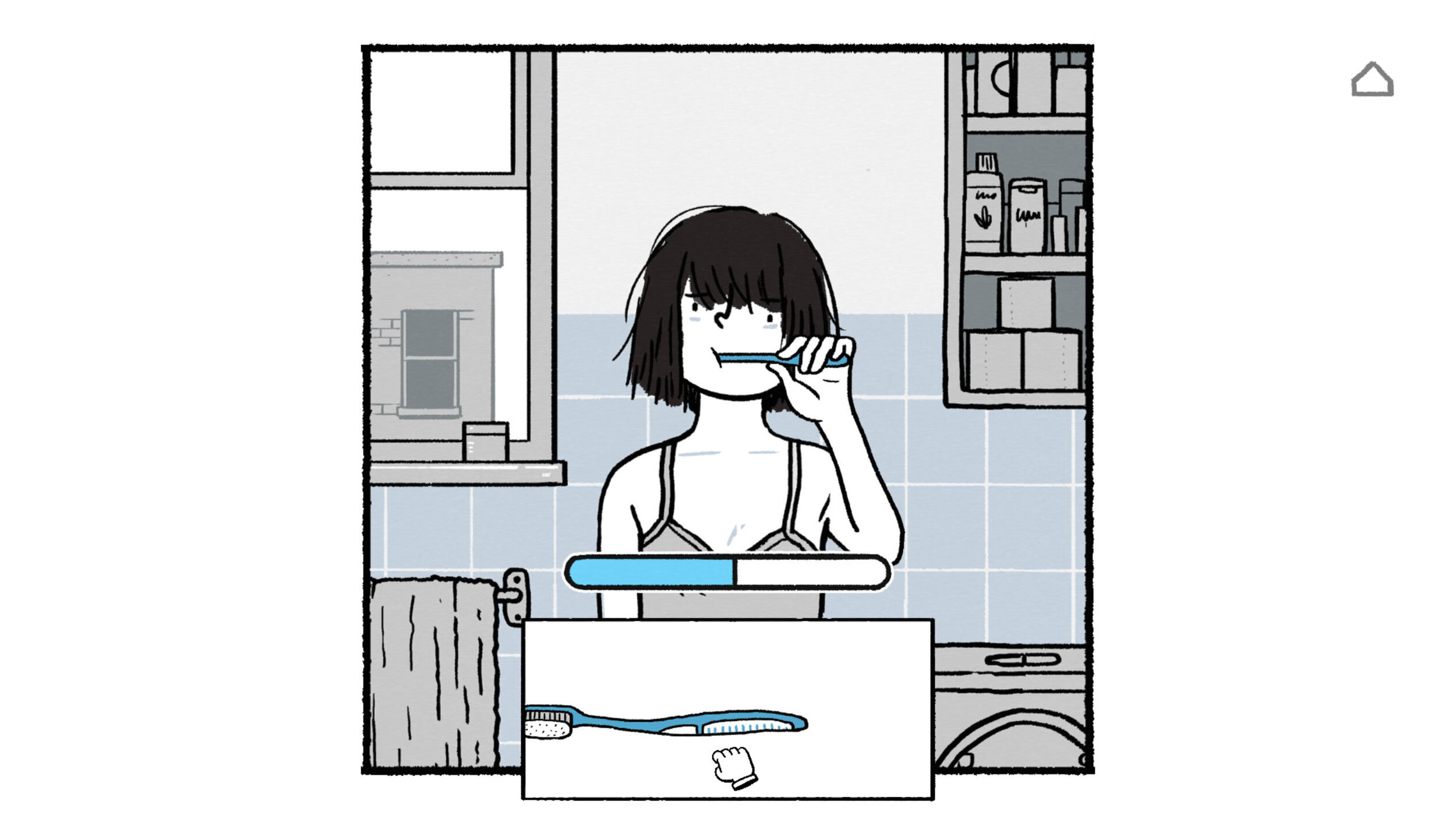Dec 2020: Playing to Learn
Throughout the development process for The Day We Fought Space, I’ve played dozens of games specifically for research purposes. It’s the kind of thing that I really wish I had been keeping a consolidated list of somewhere because it would be fun to look over and marvel at, instead of trying to reconstruct it from memory.
There’s a bit of an art to playing to learn, rather than just playing to play, and it took me a while to find my groove. Here are some dos and don’ts I try and stick to these days.
DO: record yourself as you play.
Multitasking is hard, particularly when you’re researching a genre known for demanding precision movements and quick reflexes. And if you need to do everything in the moment, you’ll find you’re neither playing nor learning at your best.
I won’t get too deep into recording tools, as I am not an expert and that sounds like a full article all on its own, but I will say that the HDMI-to-USB capture device I picked up for strictly recreational purposes has proven invaluable for work, as has everyone’s favorite recording and broadcasting tool OBS. And if you’re researching an iOS game, here’s an article on how the steps to getting the built-in screen recording functions activated, as it isn’t immediately obvious that they’re even there — although recording into QuickTime by plugging your device into a MacBook might be a better workflow for you.
DON’T: Focus just on your favorites
There’s a lot you can learn from a great game.
But there’s also a lot you can learn from a middling game. And often, playing some mediocre titles helps you identify what design choices made the great ones shine so bright. So, as holiday game sales approach, maybe give a little extra consideration to those titles with “mixed” reviews.
DO: Reach beyond your genre
Above: just a handful of the games that have been mentioned in research notes or design meetings for The Day We Fought Space. Yes, really.
When you’re making a scrolling shooter, it makes sense to research other scrolling shooter — but you shouldn’t stop there. Think about all of the elements you’re going to need for your game, and where else you might find them. Combo counters, life bars, warning indicators, tech trees, the consequences of a “game over”… these things make their ways across several genres, and maybe the next innovation in your fighting game is something that match three games have been doing for years now, just waiting to be transplanted.
DON’T: Stop research play early in development
Even well after you’ve settled on a design and put your foot down about “no more new ideas” on a game, playing for research continues to be helpful. Some details in other games become more obvious only after you’ve done a fair amount of work on a game. There was a time when I had to pause and step frame-by-frame to dissect how other games implemented liquid weapons and laser beams, but these days I can usually tell from a glance how they made them work, after making some of my own.
And if nothing else, staying in touch with other games will help you when you’re promoting your games… if you haven’t played for research in a while, you might find that your game is more similar or more different than you remember it being.
DO: Watch other people play, too.
Playing games yourself is important, but there’s plenty of reasons to hand off the controller as well.
You can play a game hundreds of times over, but you can only learn it once. On a few occasions, I’ve parked Lauren in front of a game I’d given thorough attention to, just to see how a new player would react to it. On the other side of the spectrum, you aren’t likely to have the opportunity to put in the scores of hours necessary to master every game you’re researching, so it’s worth it to seek out some high-level play videos. And in the middle, for games that offer a lot of different options, it’s very easy to get tunnel vision and miss something that someone else found right away (I somehow managed to make it through all of Mercenary Kings, for example, without ever really giving shotgun weapons a chance)
DON’T: Put up impermeable barriers between research and recreation
One of the great things about this job is that research can be fun. Go ahead, let it be fun. Try for a high score. Keep playing for an hour after you’ve found the answer you’re looking for. I mean, that’s how the people who made the game you’re researching most likely intended for you to experience their game, and that can be the best frame of mind to do your research in.
On the other side of that coin, be ready to be inspired even when you’re not specifically doing research. Make sure you’ve got a notebook within arm’s reach when you’re sitting on the couch firing up the Switch to unwind for the night.






